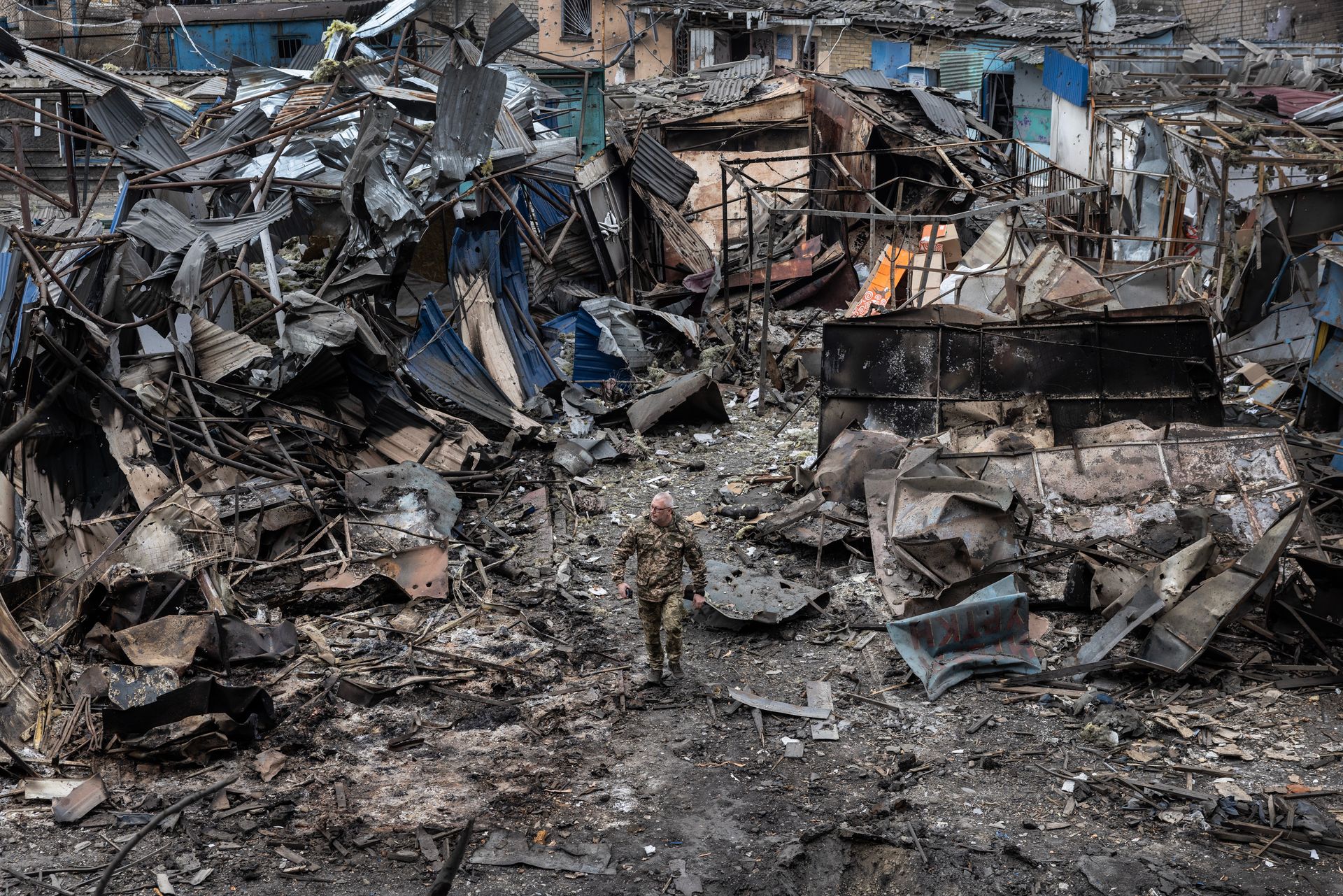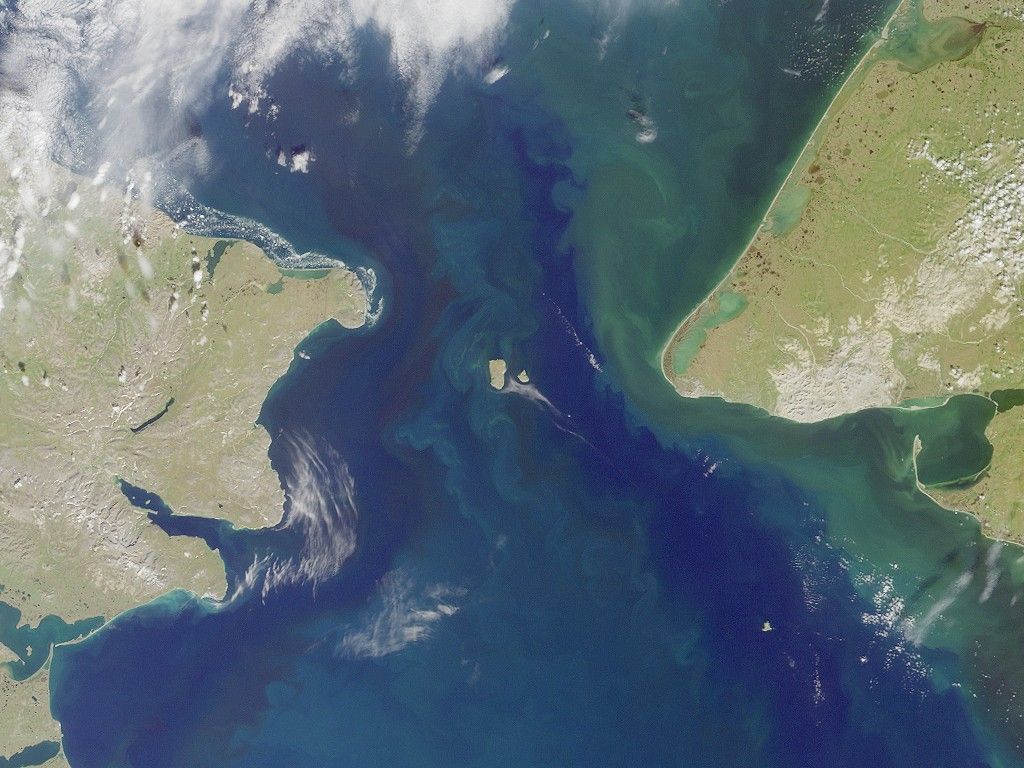Trump to push ceasefire in Alaska meeting with Putin, says Zelensky after call with US president

U.S. President Donald Trump held a video call with President Volodymyr Zelensky and European leaders on Aug. 13, just two days before his summit with Russian President Vladimir Putin in Alaska.
"We talked about a ceasefire today. President Trump said this is one of his priorities in conversation with President Putin," Zelensky said after the call during a joint press conference with German Chancellor Friedrich Merz.
"I very much hope that some agreement will be reached, because so far all the talks held with Putin... have ended only with him increasing military presence, intensifying attacks."
The leaders of Finland, France, the U.K., Italy, Poland, the EU, and NATO Secretary-General Mark Rutte attended the video conference.
According to Merz, European leaders are doing everything possible to steer the planned meeting between Trump and Putin "in the right direction."
"We want the correct sequence: first, a ceasefire — this must be at the very beginning. Later, there may be a framework agreement. Third, Ukraine is ready to negotiate on talks and territorial issues, but our starting point is the contact line," the chancellor said.
"We have addressed several important points. We made it clear that Ukraine must be at the negotiating table if there is to be a follow-up meeting."
The German chancellor also pointed out that the issue of legally recognizing territories occupied in violation of international law "is not up for discussion."
Following the call, the U.S. president described the conversation as "very friendly," saying he would "rate it a 10." He also noted the possibility of a second meeting after his planned summit with Putin.
"There's a very good chance that we're going to have a second meeting, which will be more productive than the first, because the first is that I'm going to find out where we are and what we're doing," Trump said during a visit to the Kennedy Center in Washington.
A source cited by Axios said Trump told the leaders that he could not make final decisions on territorial issues but believed "land swaps" would likely be part of any peace agreement.
The call comes as Kyiv and its European partners seek to present a united front before the Trump-Putin Alaska summit on Aug. 15 amid concerns that the two leaders might cut a deal unfavorable to Ukraine and Europe, according to Reuters.
Trump has described the upcoming Alaska talks as a "feel-out" meeting in his efforts to end the Russia-Ukraine war. He has said both Kyiv and Moscow would need to cede territory to reach a deal, a stance that has alarmed European capitals and Kyiv.
In a press conference on Aug. 11, Trump confirmed Zelensky would not attend the Alaska meeting with Putin, saying "he wasn't part of it." Trump added that he ultimately intends to bring the Ukrainian and Russian presidents together, either with him present or not.
The Alaska summit was preceded by a flurry of diplomacy in Kyiv, as Zelensky held over 30 calls with international partners in just a few days to discuss perspectives on ending the war.
"Pressure must be exerted on Russia for the sake of a just peace. Ukraine's and our partners' experience must be used to prevent deception by Russia," he said on X.
"At present, there is no sign that the Russians are preparing to end the war. Our coordinated efforts and joint actions — of Ukraine, the United States, Europe, and all countries that seek peace — can definitely compel Russia to make peace."
Since returning to office in January, Trump has pledged to broker a swift peace deal between Kyiv and Moscow — efforts that quickly stalled as Russia repeatedly rejected a ceasefire and pushed maximalist demands during peace talks with Ukraine in Istanbul.
This led to the U.S. president adopting a more critical tone on Russia and threatening additional sanctions, though he did not unveil any new measures by his most recent deadline to reach a peace deal on Aug. 8. U.S.-Russian diplomatic engagement gained fresh momentum last week after Trump's special envoy, Steve Witkoff, met Putin in Moscow, leading to an agreement on the summit between leaders.
Publicly, Putin has demanded a ban on Ukraine's NATO membership and a full Ukrainian withdrawal from partially occupied Donetsk, Luhansk, Kherson, and Zaporizhzhia oblasts, among other conditions.
Zelensky has rejected the possibility of recognizing the Russian occupation of Ukrainian territory and ceding additional land, calling for a ceasefire as the first step toward peace negotiations, a position supported by Kyiv's European allies.
The EU has publicly welcomed Trump's diplomatic efforts while signalling steadfast support for Ukraine and urging increased pressure on Moscow. Kaja Kallas, the bloc's chief diplomat, has announced that the EU would start working on the 19th package of sanctions.
"More military support for Ukraine and more support for Ukraine's budgetary needs and accession process to join the EU" are also part of the consensus, Kallas said after an extraordinary meeting of European foreign ministers on Aug. 11.
The European bloc issued a joint statement in support of Ukraine ahead of the Trump-Putin summit, with only Hungary — broadly seen as the most Kremlin-friendly EU government — refusing to sign.

















